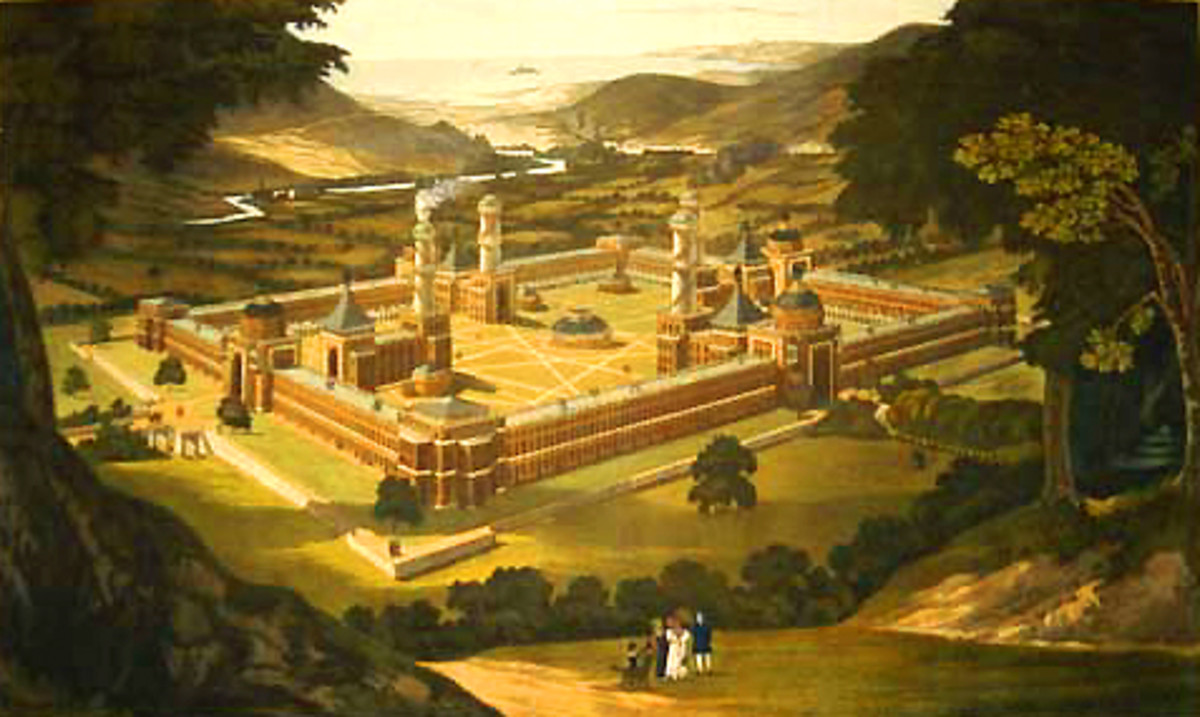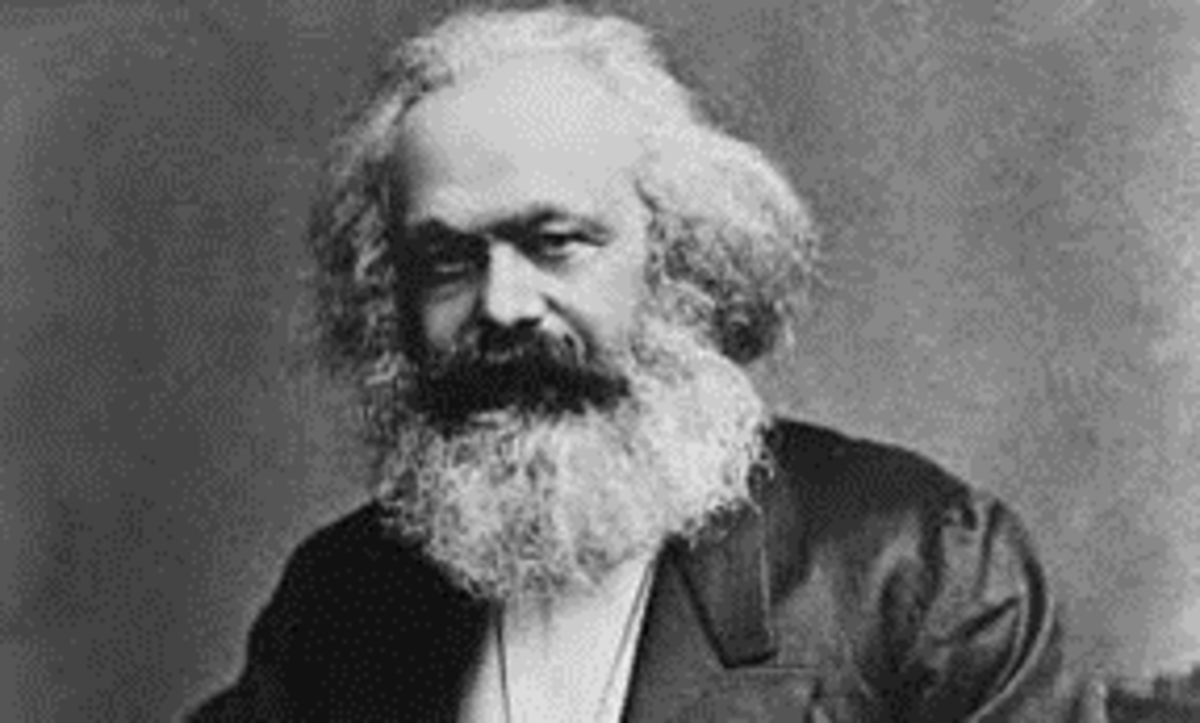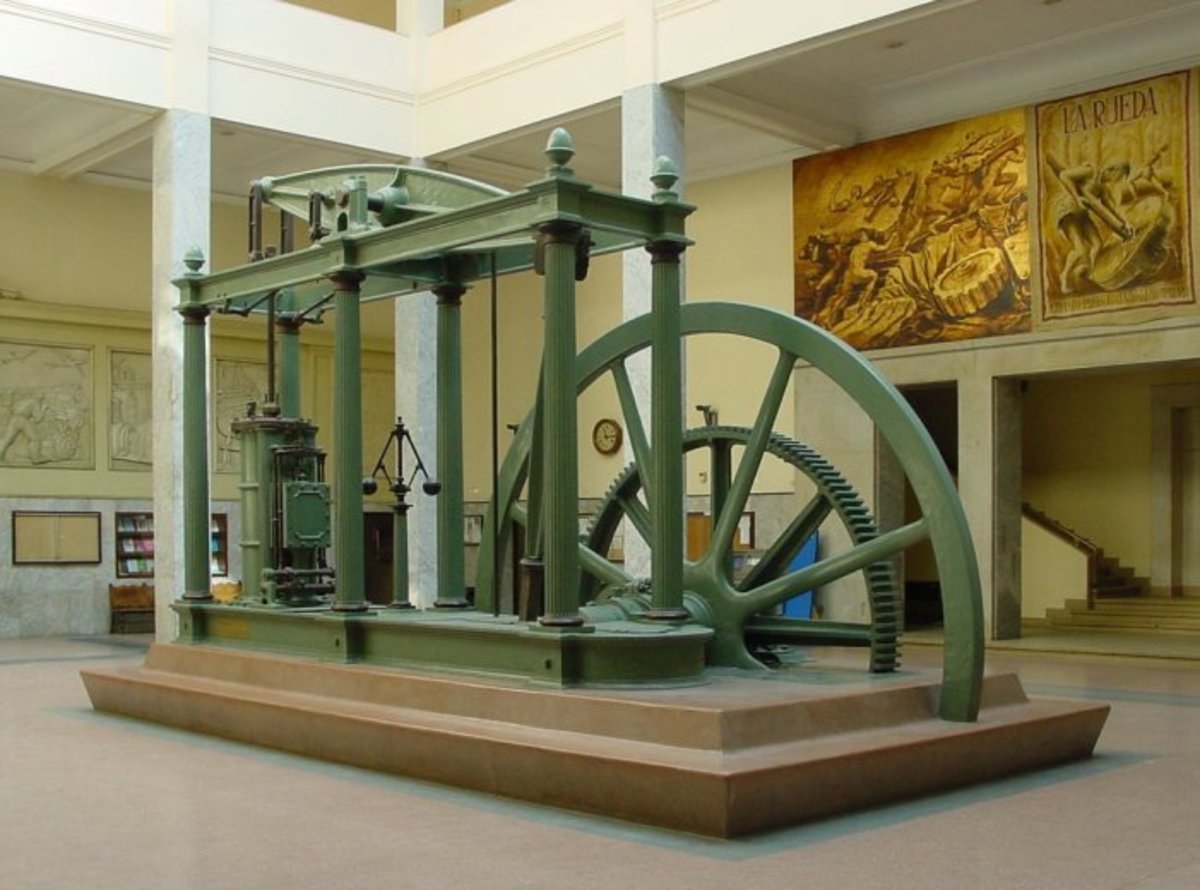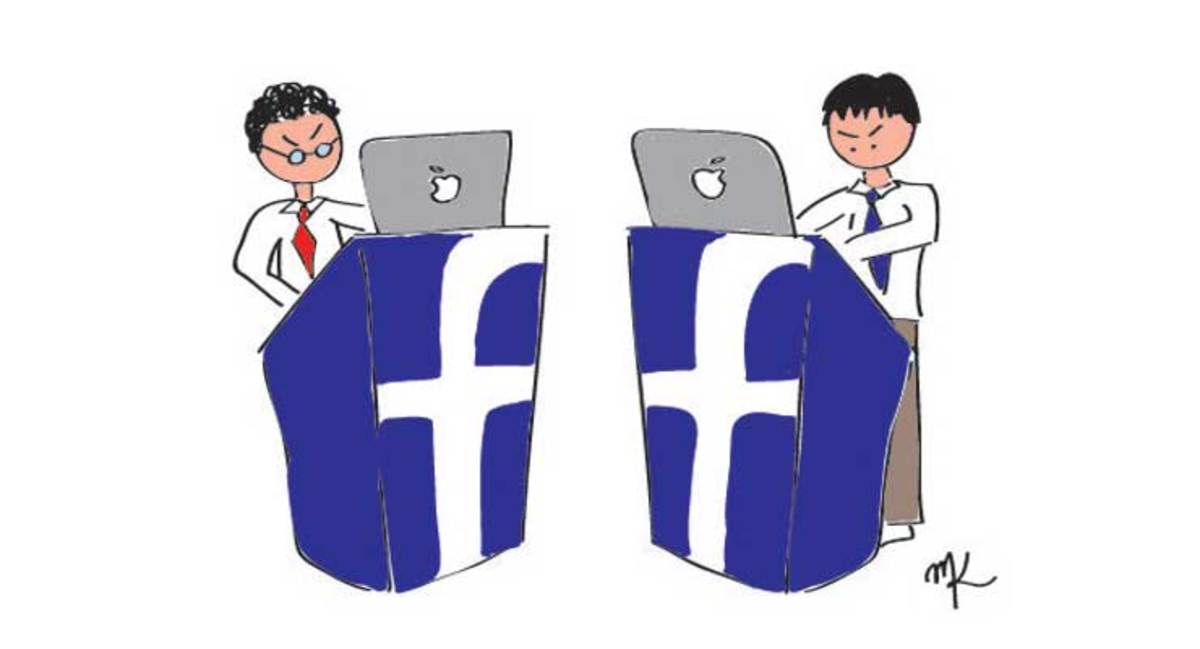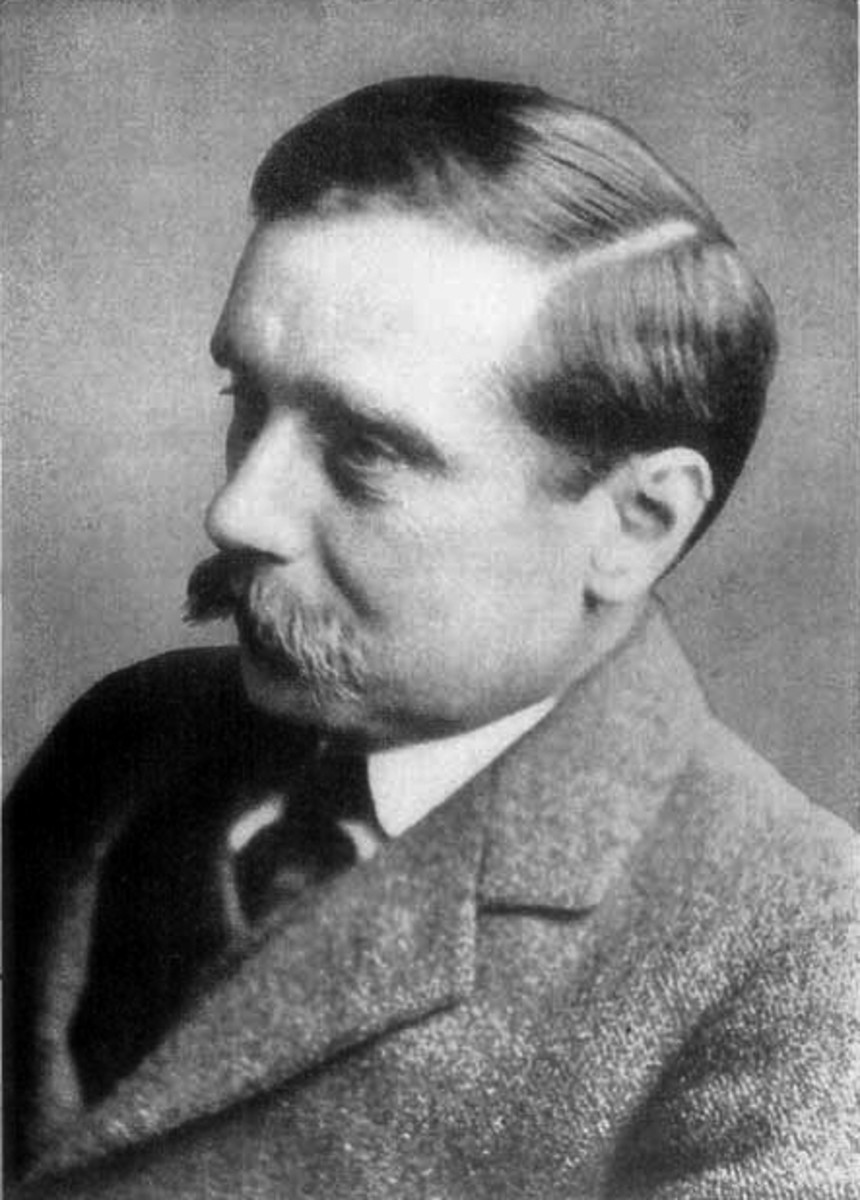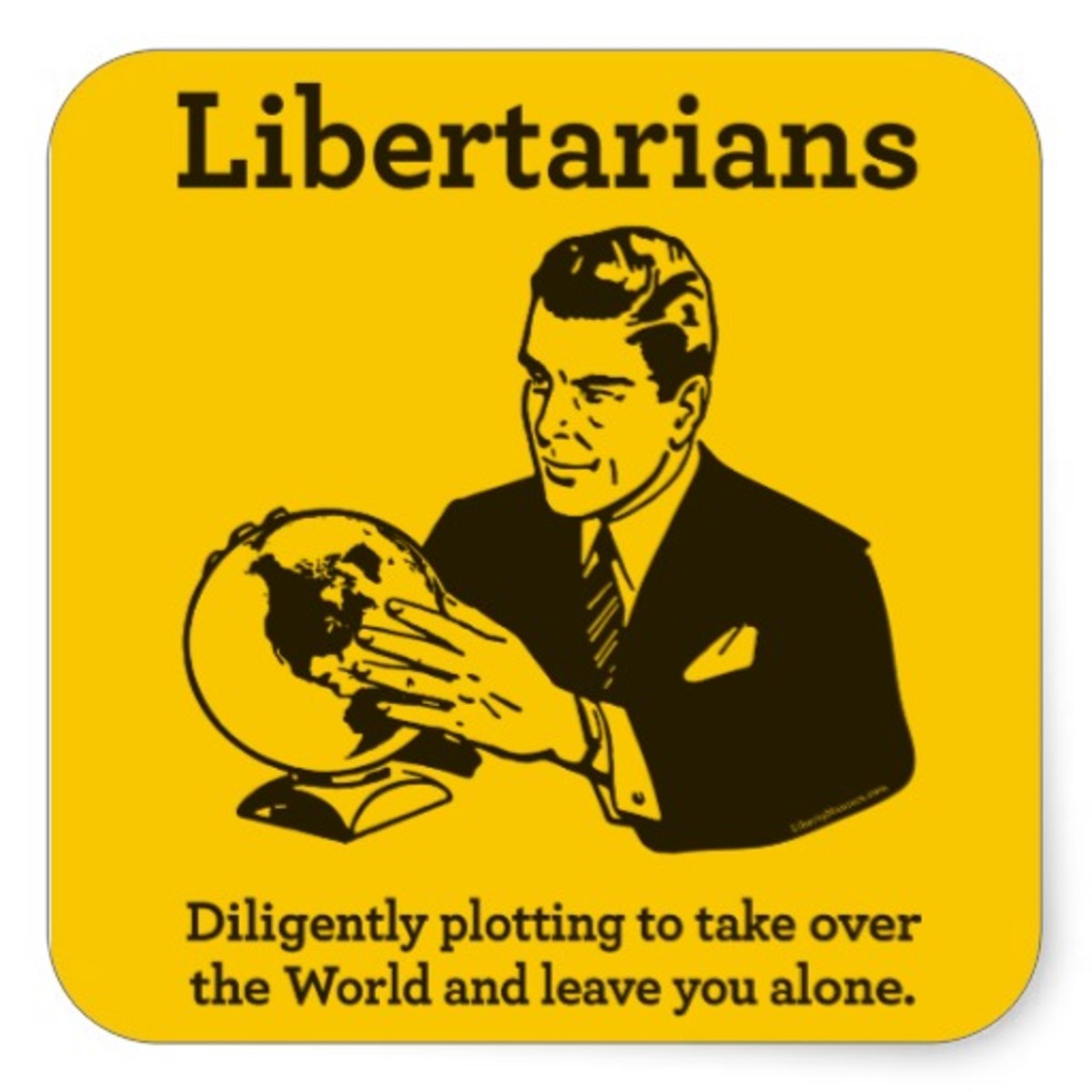Why I am a Socialist
Socialists versus Capitalism
Socialists hold that Capitalism has grave economic and moral flaws and advocate a revolutionary socio-economic reform to remedy those flaws. Economic flaws include; vast unjust inequalities in wealth, income, opportunity and power, moral flaws include excessive individualism, competition and materialism and the exploitation of ordinary working people.
Psychologist Dr. Robert Hare lists a number of psychopathic traits and ties them to the behavior of corporations:
“Callous unconcern for the feelings for others; incapacity to maintain enduring relationships; reckless disregard for the safety of others; deceitfulness: repeated lying and conning others for profit; incapacity to experience guilt; failure to conform to social norms with respect to lawful behavior. And yet, under the American legal system, corporations have the same legal rights as individuals. They give hundreds of millions of dollars to political candidates, fund the army of some 35,000 lobbyists in Washington and thousands more in state capitals to write corporate-friendly legislation, drain taxpayer funds and abolish government oversight. They saturate the airwaves, the Internet, newsprint and magazines with advertisements promoting their brands as the friendly face of the corporation. They have high-priced legal teams, millions of employees, skilled public relations firms and thousands of elected officials to ward off public intrusions into their affairs or halt messy lawsuits. They hold a near monopoly on all electronic and printed sources of information. A few media giants-AOL-Time Warner, General Electric, Viacom, Disney and Rupert Murdoch's NewsGroup-control nearly everything we read, see and hear.”
Certain elements of Socialist thought have been present throughout the history of Philosophy, from Plato’s Republic to Sir Thomas Moore’s Utopia. The term “Socialism” was first used by the social reformer, Robert Owen, in the early 19th century. He and other social critics were speaking out against the excesses and injustices of early Capitalism. The first recorded instance of the use of the word was in a letter he wrote to a Manchester Cleric. The word was taken up by French reformers such as Saint-Simon and Pierre Proudhon and soon came into common use to refer to the transformation of society into small communities where private property would be abolished and a radical redistribution of wealth would take place.
Socialism is built on three principles;
Nothing but a number to the boss.
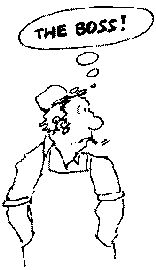

Own the means whereby you live
The first principle of Socialism is ownership of the means of production.
All the things that we work for and obtain for ourselves by honest labor are ours. There is a big lie put out that under socialism everything belongs to Big Brother. The opposite is true. There is a big difference between a possession and owning the means of producing that item. Having a television does not make you rich. Owning the company that makes televisions is a very different matter. The means of production are the factories, the mines, the printing presses, the building materials. These are the things that create wealth. The ownership of these by a handful of people or, in the case of the former soviet bloc, a state that ran industry on behalf of that minority, allows them to control governments dictate policies and ultimately create the chaos of boom, slump and depression. Social ownership would encourage production for the good of all not the wealth of the few. Socialism would result in a more equal distribution of income and wealth than typically found in capitalism
“In making itself the master of all the means of production, in order to use them in accordance with a social plan, society puts an end to the former subjection of men to their own means of production. It goes without saying that society cannot itself be free unless every individual is free. The old mode of production must therefore be revolutionized from top to bottom. Its place must be taken by an organization of production in which, on the one hand, no individual can put on to other persons his share of the productive labor, this natural condition of human existence; and in which on the other hand productive labor, instead of being a means to the subjection of men, will become a means to their emancipation, by giving each individual the opportunity to develop and exercise all his faculties.”
Frederick Engels “Anti-Duhrung”
John Ball, 14th century socialist priest
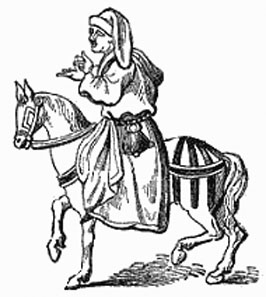
Equality
The second principle of Socialism is Equality;
Socialists oppose the unjust oppression of one group of people by another. Whether by class domination, discrimination or the unequal distribution of power, Socialism, in the broad sense, champions the underdogs of society.
During the peasant’s revolt of 1381, the Priest John Ball addressed the peasants with this famous speech.
“When Adam delved and Eve span, who was then the gentleman? From the beginning all men by nature were created alike, and our bondage or servitude came in by the unjust oppression of naughty men. For if God would have had any bondmen from the beginning, he would have appointed who should be bond and who free. And therefore I exhort you to consider that now the time is come, appointed to us by God, in which ye may (if ye will) cast off the yoke of bondage, and recover liberty.”
The principle of equality is ridiculed by rich people and their newspapers on the grounds that people are not the same. Of course people are not the same; we all have different likes, dislikes, abilities and characters. Equality is not sameness. Equality means the rewards people receive from society and their opportunities for basic human needs should not differ because people are not the same.
Socialists in their commitment to equality and human dignity find themselves on the side of those who are marginalized in society by race, gender or sexual orientation. Socialism, in its quest for equality is ultimately the fight for the dignity of humankind.
The shortest way to Equality is to provide basic human needs to all free of charge. This would mean, free health care, free education, free housing with security of tenure, free access to basic nourishment. This would become the “Social wage” the basic needs of humanity become the top priorities of Socialism.
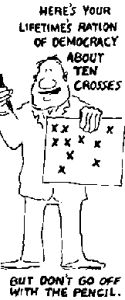
Democracy
The third principle of Socialism is Democracy;
Socialism is often caricatured as a repressive state run by bureaucrats stamping their prejudices and favoritisms on society with secret police and torture chambers. This lie is promulgated by wealthy businessmen who run their companies by stamping their prejudices and favoritisms on a select few of the workforce. It is a central feature of Socialism that those who make decisions should be directly accountable to those who are affected by them. Democracy, in a capitalist society is limited to the ballot box. A few crosses in a lifetime and we are fooled into thinking we have a democratic society. In reality power is not held by governments, in the areas that matter such as; industry, finance, the police departments, the army, there is no democracy at all. Politicians can be democratically elected or un-elected. Not so with corporations. They control every aspect of our lives and place us under a true totalitarian society where their word is law above any laws of elected government.
In a Socialist society democracy extends to every aspect of those areas that directly affect our lives. Democracy and Socialism are indispensible to each other, it is impossible to have Socialism without Democracy. There cannot be Freedom and there cannot be Democracy while private capital controls the government and the press. Otherwise:
"The result of these developments is an oligarchy of private capital the enormous power of which cannot be effectively checked even by a democratically organized political society. This is true since the members of legislative bodies are selected by political parties, largely financed or otherwise influenced by private capitalists who, for all practical purposes, separate the electorate from the legislature. The consequence is that the representatives of the people do not in fact sufficiently protect the interests of the underprivileged sections of the population. Moreover, under existing conditions, private capitalists inevitably control, directly or indirectly, the main sources of information (press, radio, education). It is thus extremely difficult, and indeed in most cases quite impossible, for the individual citizen to come to objective conclusions and to make intelligent use of his political rights."
Albert Einstein “Why I am a Socialist” in the Monthly Review, 1949.
Vladymir Illyich Lenin & Josef Stalin
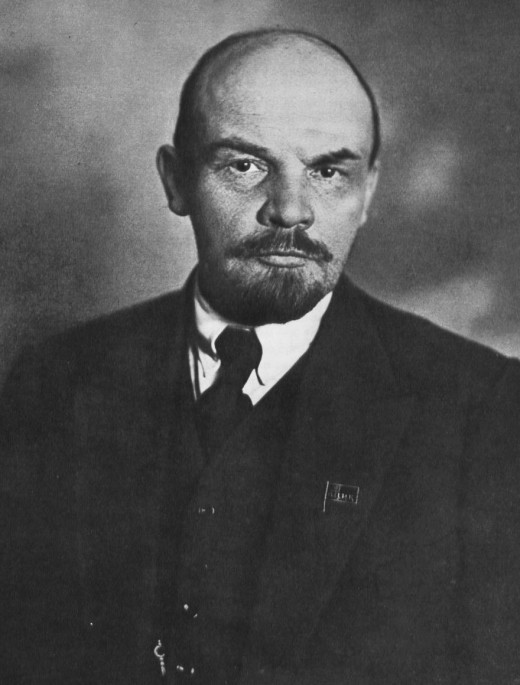
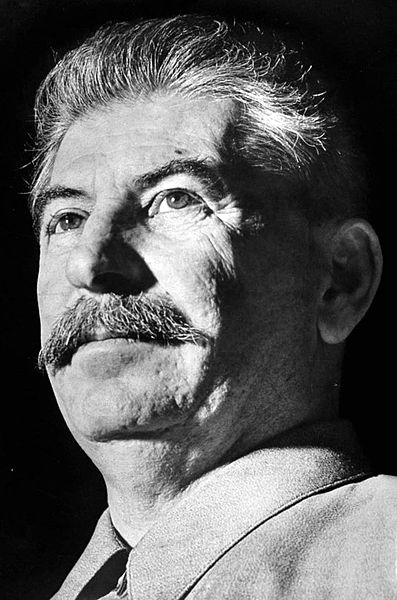
The Soviet failure
It seems impossible these days to speak of Socialism without reference to the fall of the Russian soviet empire. Socialism in Russia failed soon after its beginning though that beginning was bright. The American journalist, John Reed attended the meetings at the Smolny institute held just after the revolution. He also visited the battlefront where the army of Kerensky the “White Russians” were defeated he wrote of travelling back to Petrograd in a truck driven by an old workman;
‘Across the horizon spread the glittering lights of the capital, immeasurably more splendid by night than by day, like a dike of jewels on the barren plain. The old workman who drove held the wheel in one hand, while with the other he swept the far-gleaming capital with an exultant gesture. “Mine!” he cried his face alight. “All mine now! My Petrograd!”‘
Far from being a totalitarian state in those early days, democracy was raised to heights unknown in Russia to that time. Victor Serge was a Belgian revolutionary who joined the revolution in its early years, he wrote;
‘In the years of the greatest peril the Soviets and the central executive committee of the Soviets included left social revolutionaries (who were part of the government in the first nine months), Maximalists, anarchists, Menshevik social democrats, and even right social revolutionaries – the latter unalterable enemies of the new power. Far from fearing discussion, Lenin seeks after it, having Martov and Dan, who had been expelled from the All-Russian executive, invited to come to take the floor. He feels that he has something to learn from their merciless criticism’.
Martov and Dan were Mensheviks with policies similar to the left wing of the Democrat party. They had actively opposed the revolution calling for mass demonstrations against it. During the 20’s the Mensheviks had elected representatives in all the cities and a club in Moscow. They were losing ground, not because of repression but because the Bolsheviks were winning the argument. However, Lenin recognized that the revolution in the land was different to the revolution in the cities. There were approximately three million industrial workers and some hundred million agricultural workers. Lenin realized that the revolution could not succeed unless it spread to other countries’
‘Even before the revolution, and likewise after it, our thought was: immediately, or at any rate very quickly, a revolution will begin in other countries, in capitalistically more developed countries – or, in the contrary case, we will have to perish’
Vladimir Lenin, Teacher’s Congress in Moscow, may 1919.
Rosa Luxemburg who led the socialist group in pre-war Germany before they were ruthlessly crushed by the rise of Fascism, stated that; “However strong people's socialist commitment, as soon as they are involved even to the slightest degree in managing the system on behalf of capitalists, they will be lost to the socialist cause.”
This was the case in Russia. After Lenin’s death and Stalin’s coup 80% of the leaders of the original revolution were killed or exiled. Russia became Socialist in name only. The state became the capitalist supreme and the workers were cut off from economic and political power just as much, if not more, than in the western capitalist countries.
The one thing that the failed Russian experiment taught us is that we cannot rely on leaders or personalities. True democracy belongs to the people not to the cult of the individual. We are the leader we have been waiting for.
Workers of the World, Unite!
More by Billy Bragg
The New Jerusalem
For myself, my ideas of Socialism were first formed by the politics of South Wales.I was born a member of the Welsh working class, an identifiable community. There was no searching for roots or identity; we knew who we were at an instinctive level. Our whole society and education was based around a principle that has not changed; get a good education so you can be valuable to someone who will give you a job. Your economic worth is measured by how valuable you are to the capitalist. If you are not valuable enough then you are on the scrap heap. Socialism places the person first. Not as a commodity existing as just another raw material to be exploited, but as a person with human dignity. Sickness, poverty and homelessness are seen as indictments of society, not a condemnation of the unfortunate individual.
Politicians can be democratically elected or un-elected. Not so with corporations. They control every aspect of our lives and place us under a true totalitarian society where their word is law above any laws of elected government.
The politicians of Wales expressed their Socialist principles in biblical terms; “I am come that they might have life, and that more abundantly” was a common theme at meetings. Most, even today would define Socialism in terms of the Sermon on the Mount. Equality is measured in the frame of us all as children of God. It becomes difficult for a Socialist with a Christian frame of reference to understand how there can be agreement on the concept of a world freed from sickness and poverty and yet be opposed to efforts made to achieve that end. Ramsey MacDonald was the first Socialist Prime Minister of the United Kingdom. In a speech he delivered to his party he quoted from William Blake’s poem “Jerusalem”
“I will not cease from mortal strife, nor will my sword sleep in my hand, ‘till I have built Jerusalem, on England’s green and pleasant land.”
As the world progresses onwards there is a drive, an inexorable push within mankind to strive for a better world. This drive causes us to provide a better future for our children than the one we had. There is a dream of freedom in us all and this is the moral imperative of Socialism, the drive to make the dream of freedom, peace and well-being a reality. It is this dream; this striving to a better day that has pulled the masses out of slavery, out of serfdom, out of feudalism and slowly but surely it draws us out of the global, one-world tyranny of the multi-national corporations. The quest for the New Jerusalem with all that means in every real sense is the ultimate goal of Socialism.


